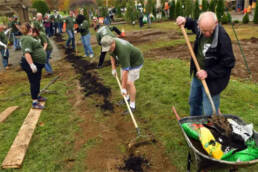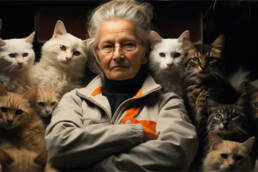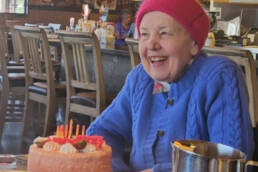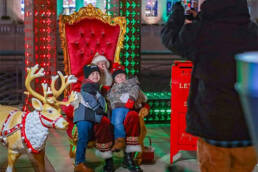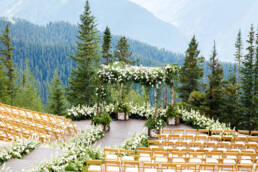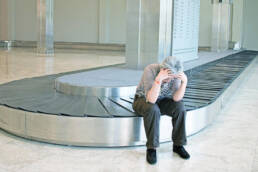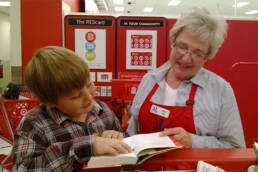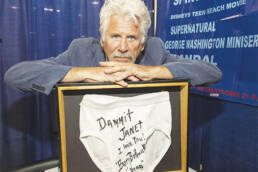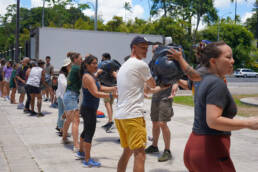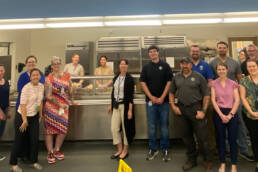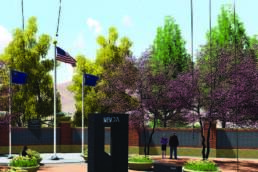MEMOIR: “An account of one’s memory of certain events or people”
I recently had the opportunity to take a class on Memoir Writing. Writing some sort of family history has long been at the top of my “things I intend to do” list so the chance to learn how to go about it was exciting. My hope was that the class might prompt me to finally get started.
I was somewhat astonished to discover how many types of writing come under the umbrella of “memoir”. Many are written for publication and some of those are hugely successful (think Angela’s Ashes or The Glass Castle) but most are written as a personal history for family members so they might know more about us; who we are, who we were and what we’ve experienced. What better gift for our children and grandchildren and their grandchildren than chronicling events of our lives for them to read and hopefully treasure and appreciate. What better way to ensure our continuance through generations to come.
Joe, our instructor, was excellent, a skilled author and journalist. He showed examples and effectively explained the basic concepts and differences. Any memoir can be as simple or as in-depth as one cares to make it, starting from any point, encompassing whatever seems important. He offered suggestions on effectively getting our thoughts down on paper in meaningful, readable ways and encouraged us to find our own voice. As a result of his skills, everyone enthusiastically began their projects, and we all felt so comfortable we gradually began to share some of what we were working on.
One afternoon Joe told us he wanted us to focus on something different. He said virtually everyone has a memory, usually from childhood, that is not a happy one. Our assignment was to think back and reflect on what that might have been for us and try to capture it on paper. This was not necessarily to be part of a family memoir unless we wanted it to be rather it was an exercise in facing ghosts in our head. We didn’t have to share it unless we cared to so we could feel free to write with honesty and candor. You could tell by facial expressions that Joe was correct in his assumption, but it had never before occurred to me that other people might also harbor bruises from things that should have long ago been dismissed from memory.
At our next session a few classmates tentatively raised their hands to talk about painful experiences and several others joined in. We heard about being ignored or ridiculed by a teacher, bullied on the playground, how it felt to be the wallflower at a dance, failing to gain admission to something, feeling different from the crowd. The central theme was the same in every tale, the basic need for validation.
Then “Ed” asked if he could read what he had written about the time he was certain he would be selected as the 3rd Grade Class Milk Monitor, an honor that rotated weekly. He had been anxiously hoping his name would be called every Monday since the school year had started and was now somehow convinced this particular Monday would be the day. In fact he had been so certain he had excitedly told his parents about his pending status. He barely slept the night before and was up early to dress carefully, making sure his hair was combed; he was ready for the big moment.
His name was not called that day. Nor was it called the next Monday, or the next. Not until the end of the year was Ed given the chance to be the Milk Monitor and by then he no longer cared that much; the weekly disappointments had taken their toll.
When he finished reading he took his glasses off, looked around the room and said: “I am 80 years old. I have had a wonderful life but I can still feel the pain of watching everyone in the class get to do what I so desperately wanted to do and being the last to have that chance. Isn’t that silly?”
No, it’s not. At least not to me. I am not quite as old as Ed but I also carry around memory I felt was silly. Ed’s story was very comforting.
Every year for four years I spent a week at Camp Fire Girls summer camp. Every morning of those four years we assembled at the flag pole to raise the flag which was ceremoniously unfurled and hoisted, a procedure that involved six chosen girls. I watched carefully, memorizing every movement so I would know how to do it perfectly. Every evening of those four years we assembled at the flag pole where the flag was lowered and ceremoniously folded by six chosen girls. I watched carefully, memorizing every movement so I would know how to do it perfectly. The six girls were always selected when we arrived at the flagpole by Mrs. Anderson, the Head Counselor.
These days I often have difficulty remembering names of people whom I know well but I have never forgotten her name. I was never one of the chosen six. I never got to fold the flag. It hurt. It still does.


